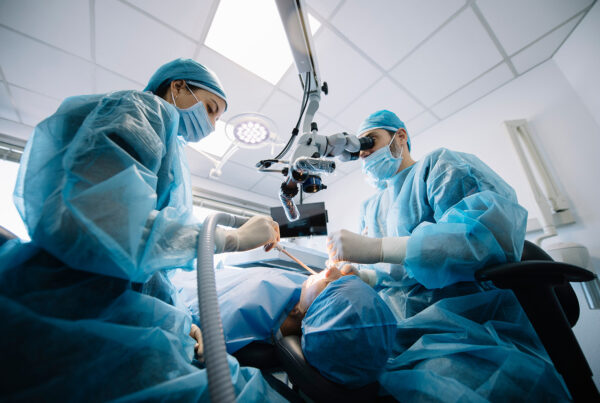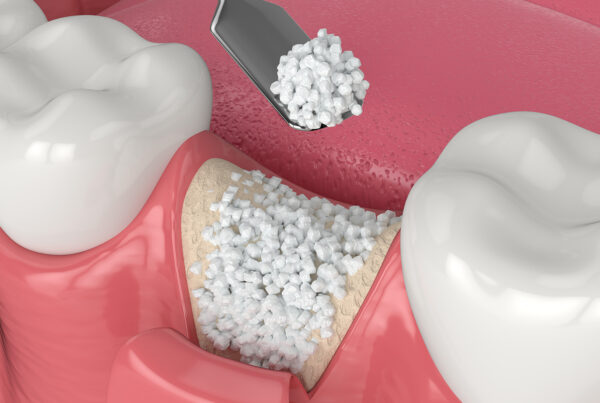Oral surgery can feel like a big step, whether it’s a wisdom tooth extraction, a dental implant, or another procedure. What happens next is just as important as the surgery itself. How you take care of yourself afterward can make a big difference in how smoothly you recover. Here are some practical tips to ensure your recovery is as comfortable and quick as possible.
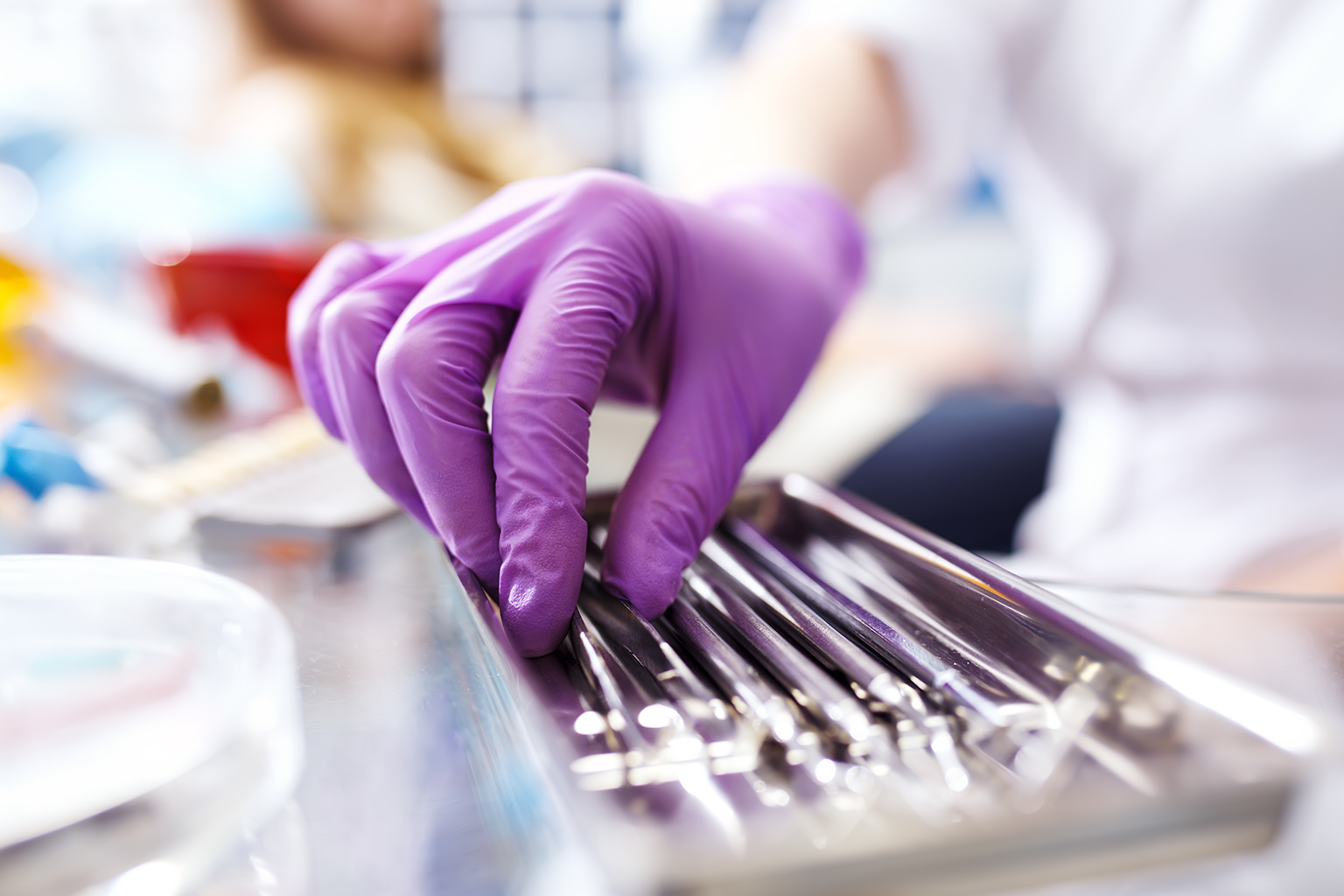 What Should I Avoid After Oral Surgery?
What Should I Avoid After Oral Surgery?
When it comes to oral surgery recovery, avoiding certain habits and foods is key to ensuring a smooth healing process. The last thing you want is to delay recovery or risk complications, which could prolong discomfort or require additional treatment. Let’s break down what to avoid during this critical time:
1. Smoking or Vaping
Smoking or vaping can significantly interfere with the healing process by reducing blood flow to the gums and surgical site. Proper blood flow is essential for delivering nutrients and oxygen needed for tissue repair. In addition, smoking increases the risk of dry socket—a painful condition where the blood clot protecting the surgical area is dislodged or doesn’t form properly. Avoid smoking for at least 48–72 hours post-surgery, but ideally, take this as an opportunity to quit altogether for better oral health.
2. Straws and Sippy Cups
Using a straw or sippy cup might seem harmless, but the suction involved can dislodge the protective clot at the surgical site. This increases your risk of dry socket and can set your healing process back significantly. Instead, sip drinks slowly from a regular glass or cup to stay hydrated without risking complications.
3. Hard, Crunchy, or Sticky Foods
Foods like chips, nuts, popcorn, and chewy candies can be particularly troublesome after oral surgery. Not only can these foods irritate the surgical site, but small pieces may get lodged in the healing area, leading to discomfort or infection. Opt for soft, easy-to-eat foods like mashed potatoes, applesauce, yogurt, or smoothies. Remember, it’s better to err on the side of caution and avoid anything that requires excessive chewing or has sharp edges.
4. Vigorous Rinsing
Keeping your mouth clean is essential, but aggressive rinsing can do more harm than good, especially in the first 24 hours after surgery. Vigorous rinsing can dislodge blood clots that are critical for protecting the surgical site and promoting healing. Instead, gently rinse with warm salt water as directed by your dentist after the first day.
5. Physical Activity
While it might be tempting to get back to your regular workout routine, strenuous physical activity can increase blood pressure, leading to excessive bleeding or swelling at the surgical site. Take it easy for at least 2–3 days after surgery, focusing on rest and recovery.
6. Alcohol
Alcohol can irritate the healing tissue and interfere with prescribed medications, including pain relievers or antibiotics. Avoid alcohol until your dentist gives you the go-ahead to reintroduce it.
7. Touching or Probing the Surgical Site
It’s natural to be curious about how your mouth feels after surgery, but avoid the temptation to poke or prod the surgical site with your tongue, fingers, or any objects. This can disrupt healing and increase the risk of infection.
Pro Tip:
Your dentist will provide a detailed list of dos and don’ts tailored to your specific procedure. Keep this list handy, and don’t hesitate to reach out if you’re unsure about any activity or food. Remember, following these precautions will make a significant difference in the speed and comfort of your recovery.
By avoiding these pitfalls and sticking to your dentist’s recommendations, you’ll set yourself up for a smooth and successful healing process.
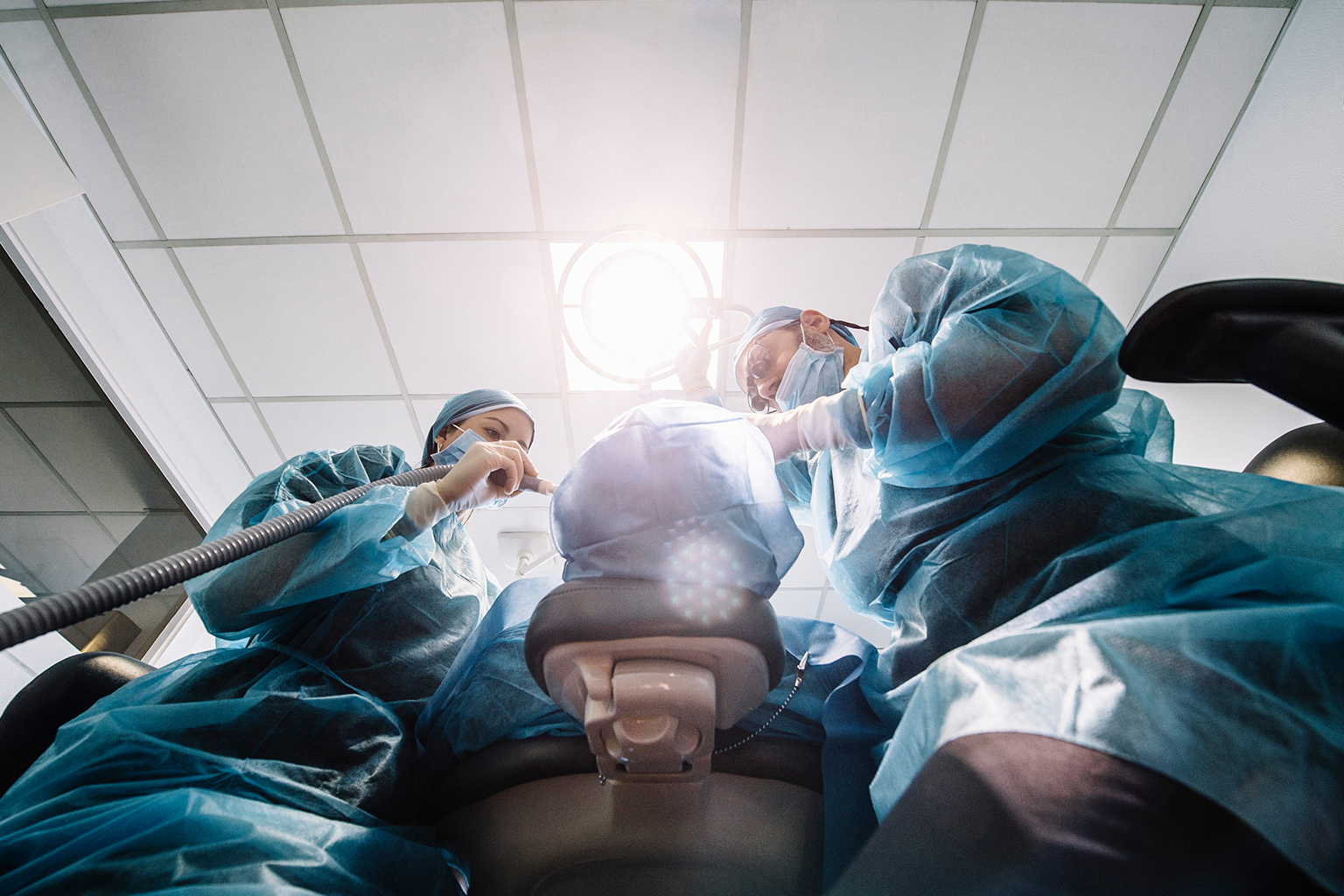 How Do You Sleep After Oral Surgery?
How Do You Sleep After Oral Surgery?
Sleep is a crucial part of recovery, but post-surgery it can be a little tricky. Here’s how to rest comfortably while promoting healing:
- Elevate Your Head: Use extra pillows to keep your head elevated while you sleep for the first 2–3 days. This reduces swelling and minimizes bleeding.
- Protect Your Pillows: Place a towel or waterproof cover over your pillows in case of slight bleeding. This is normal and nothing to worry about.
- Sleep on Your Back: Avoid sleeping on your side, especially the side where the surgery was performed. Pressure on the surgical area can cause discomfort or swelling.
- Follow Pain Management Instructions: Take prescribed or recommended pain relievers before bed to ensure a good night’s sleep. Managing discomfort proactively makes it easier to rest.
If you’re struggling to find a comfortable position, let your dentist know. They can provide guidance or adjust your pain management plan.
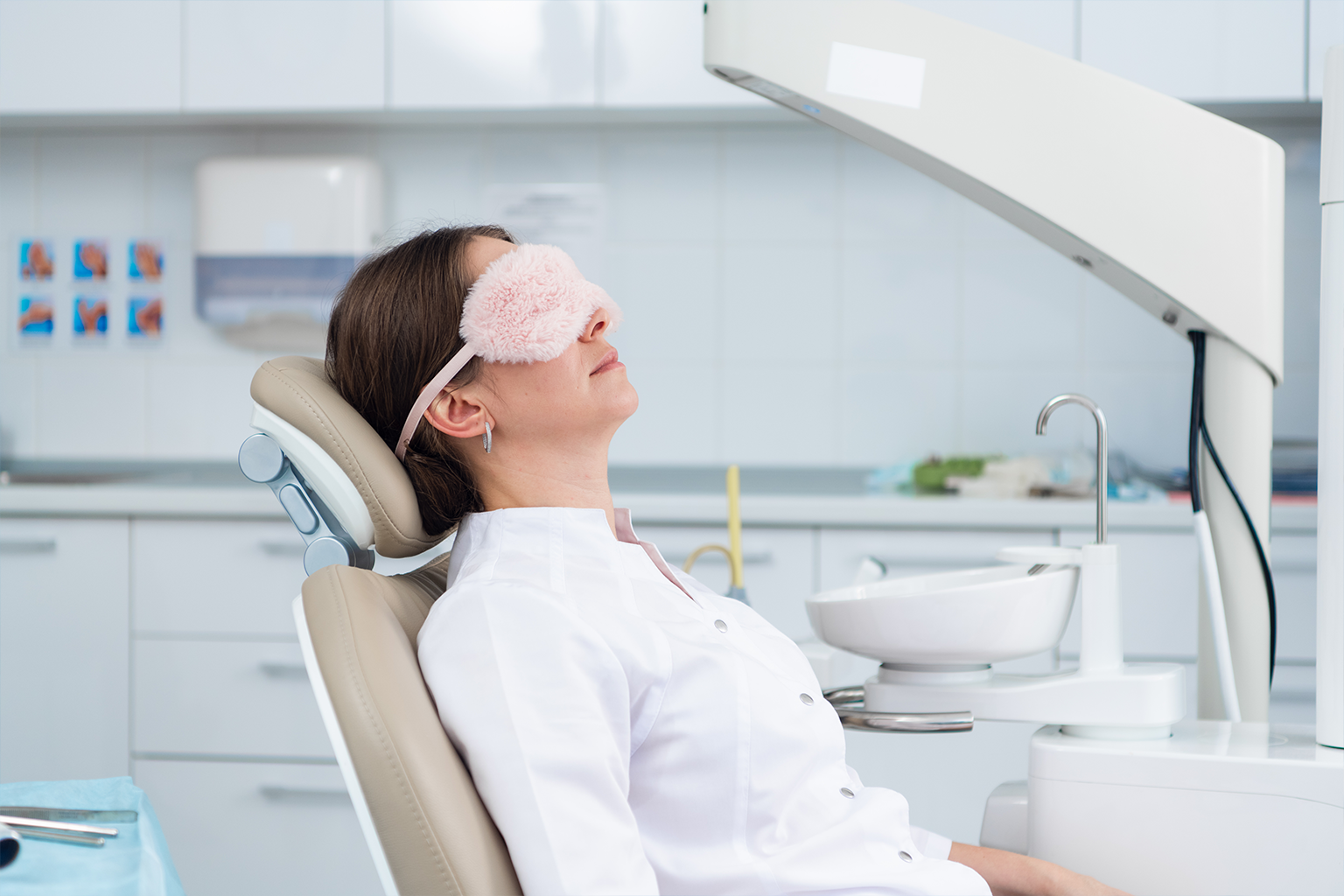 How Can I Make My Mouth Heal Faster After Oral Surgery?
How Can I Make My Mouth Heal Faster After Oral Surgery?
Everyone wants a speedy recovery, and there are definitely ways to help your mouth heal faster after oral surgery. Let’s explore the essentials:
- Stick to Soft and Nutritious Foods: Soups, yogurt, mashed potatoes, and smoothies are great options. Make sure your meals are packed with vitamins and protein, which aid in tissue repair.
- Rinse with Salt Water: After the first 24 hours, gently rinse your mouth with warm salt water 2–3 times a day. This helps reduce bacteria and promotes healing.
- Keep the Area Clean: Brush your teeth as instructed, avoiding the surgical site. Keeping the rest of your mouth clean prevents infection and supports overall healing. (By the way, don’t forget your follow-up cleaning and exam—your dentist will want to check that everything is healing properly!)
- Stay Hydrated: Drink plenty of water to keep your mouth moist and flush out bacteria. Avoid sugary or caffeinated drinks during this time.
- Rest and Take It Easy: Recovery is not the time for intense workouts or strenuous activities. Listen to your body and allow it to heal.
Healing times can vary depending on the type of procedure and your overall health. Your dentist at Encino Dental Studio will monitor your progress and give you the green light to resume your usual activities.
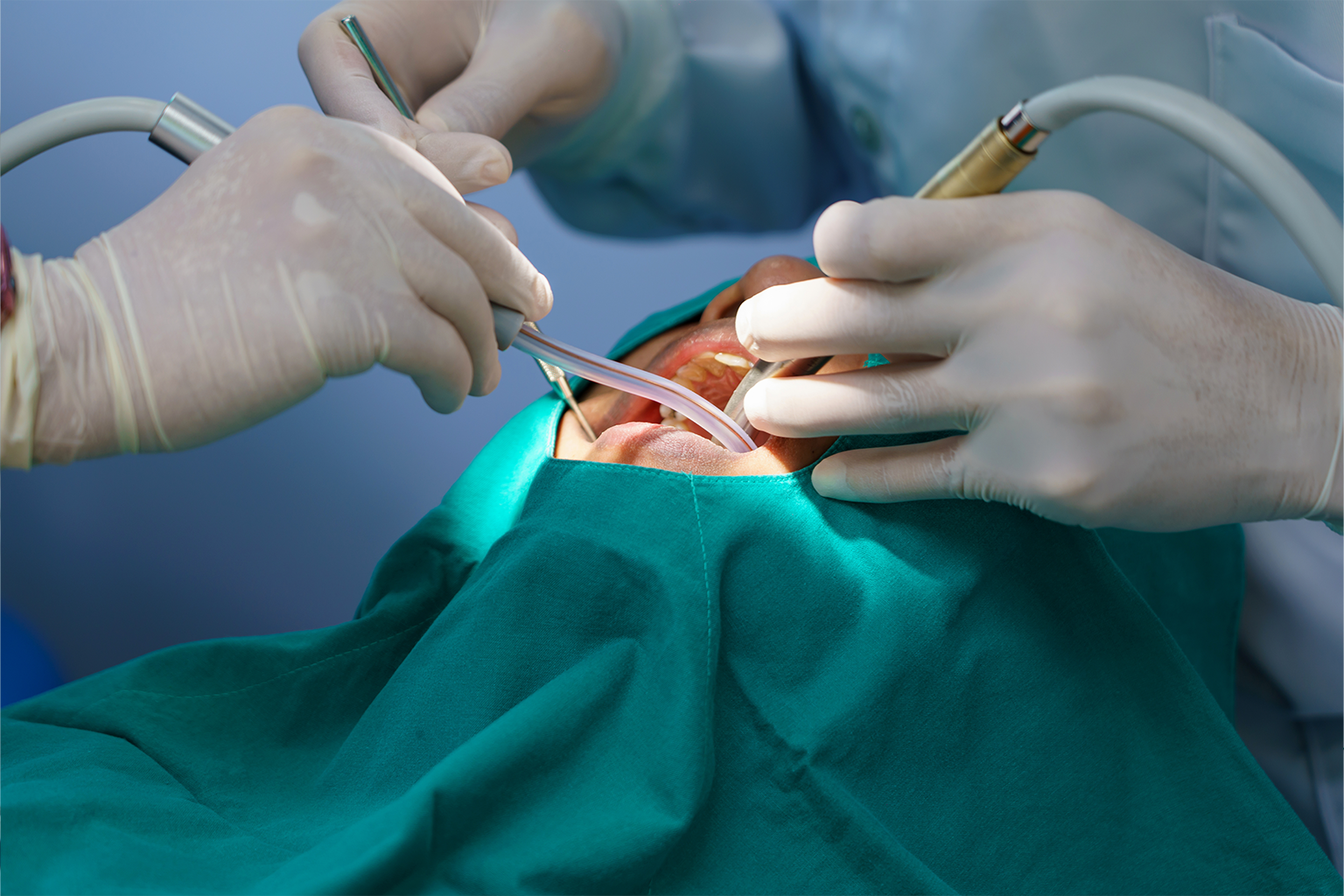 Final Thoughts
Final Thoughts
The days after oral surgery might feel a little overwhelming, but with the right approach, you can make your recovery smooth and stress-free. Remember to follow your post-op instructions carefully, avoid anything that could disrupt the healing process, and take care of your overall health.
If you have concerns or want a follow-up to ensure everything is on track, the team at Encino Dental Studio is here to help. We’re just a call away.
Schedule your follow-up cleaning and exam today and take the next step toward a healthier, happier smile.

